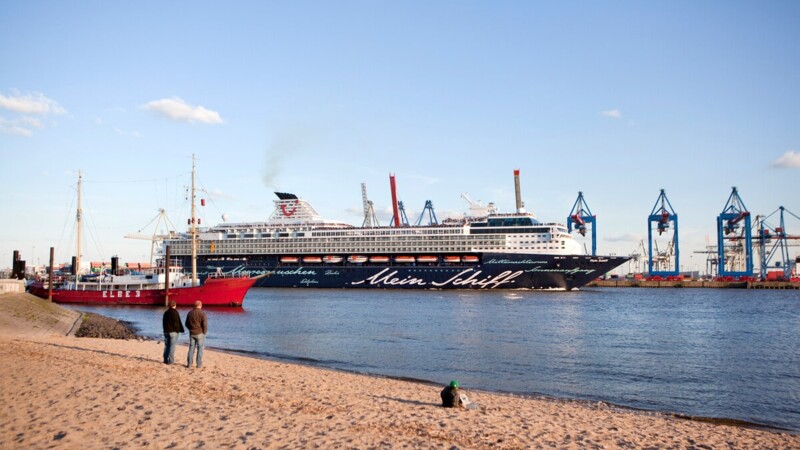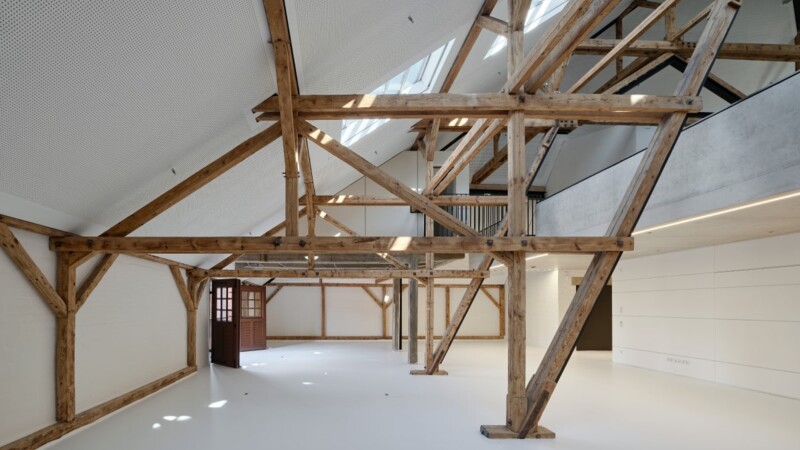The economic barometer rose most significantly in shipbuilding with an increase of more than 72 points. Although only 15 per cent of the companies surveyed rated the current business situation as good, 61 per cent were more positive about the future. The shipyards see the greatest risks for economic development in the shortage of skilled labour (93 per cent), rising labour costs (82 per cent), economic policy framework conditions (68 per cent) and energy and raw material prices (58 per cent). The business climate index in shipping has also improved by more than 15 points, but remains at a low. A large proportion of the shipping companies surveyed (63 per cent) expect a less favourable business development. However, almost half of the companies (48 per cent) rate the current situation as good. Shipping companies expressed concern about energy prices (87 per cent) and foreign demand (58 per cent).
The mood in the maritime industry has improved in spring 2023 compared to last autumn, according to the latest survey by the Chamber of Industry and Commerce North (IHK Nord) the results of which were presented Thursday (June 22, 2023). The shipping industry rated the outlook best in comparison, and the prospects in shipbuilding as significantly more positive than in shipping and ports. Shipbuilding scored 118.3 out of 200 points on the business climate index while shipping reached only 71 and port management 83 points. Companies have expressed concern about energy and labour costs as well as the ongoing shortage of skilled labour.
Improve business climate in shipbuilding and shipping
Mood in port industries subdued
The economic index remains at an unchanged low in port industries. However, most of the companies surveyed (79 per cent) rate the current business situation as satisfactory. A look at the future development of the situation shows a similar picture with 62 per cent rating it as unchanged, and only about 7 per cent as more favourable. Port companies said rising labour and energy costs (61 and 59 per cent respectively) as well as the shortage of skilled labour (60 per cent) and economic policy framework conditions (55 per cent) pose the biggest risks.
nj/mm/pb
Sources and further information
More
Similar articles

Homeport now testing ground for forward-looking maritime technology

HPA to supply TUI cruise ships with onshore power in Port of Hamburg

Port of Hamburg proving logistics hub and real innovation lab
